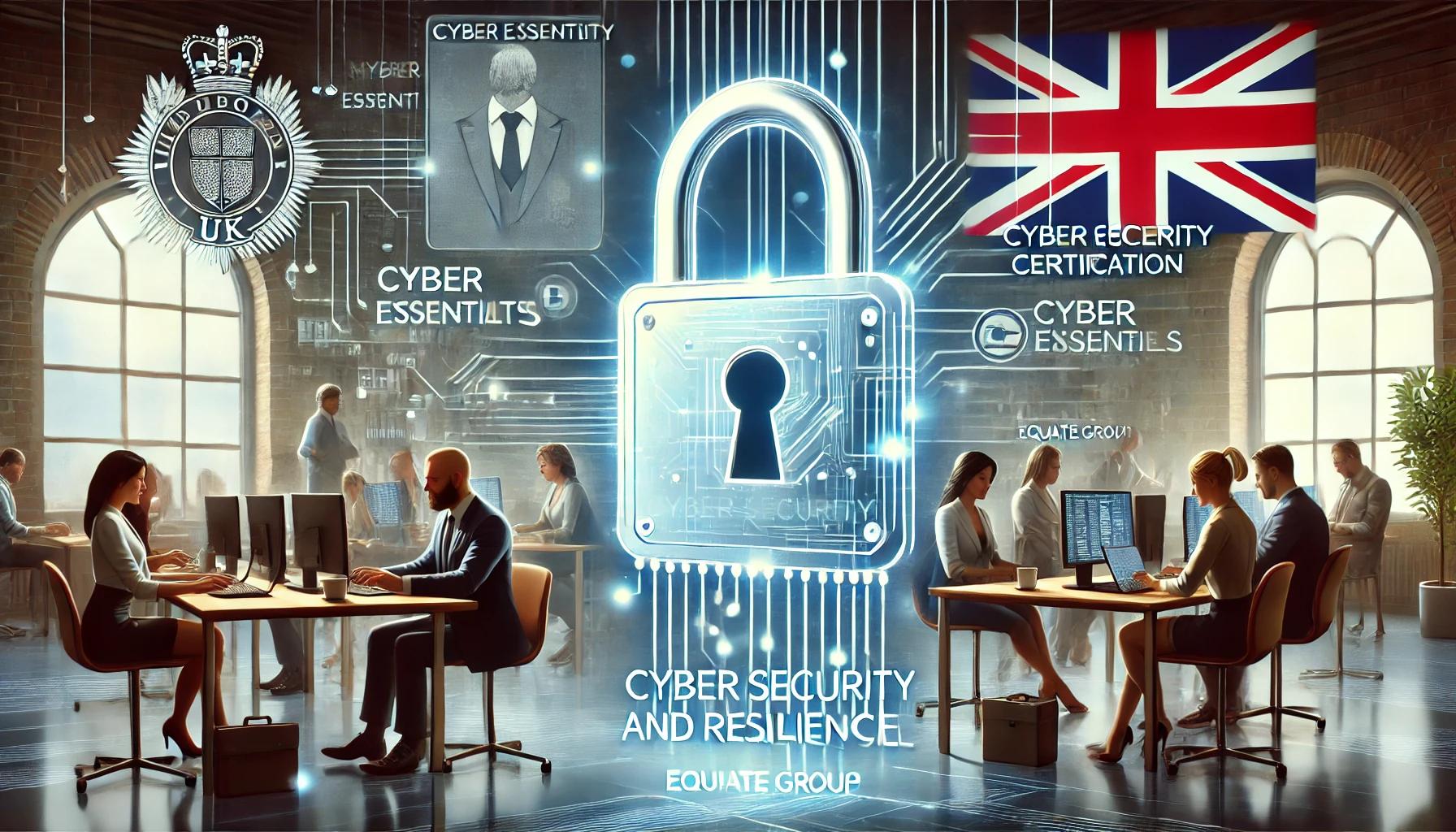Let’s face it: when it comes to new regulations, most small and micro business owners would rather watch paint dry than dive into another set of rules. But before you glaze over at the mention of the Cyber Security and Resilience Bill, let’s break it down into bite-sized chunks—no techno-jargon, just the essentials. You’ll thank me later when you’re not part of some terrifying hacking headline.
What Is the Cyber Security and Resilience Bill?
The UK’s Cyber Security and Resilience Bill is the latest government initiative to enhance cyber security standards across all industries. This new legislation aims to make businesses, including small and micro enterprises, more resilient against the increasing threats of cyber-attacks. The bill outlines clear guidelines and requirements that businesses must follow to protect themselves and their customers from potential cyber threats.
Why Should Small and Micro Businesses Care?
You might be thinking, “This is just another hoop for big corporations to jump through, right?” Wrong. The reality is that cyber criminals don’t discriminate based on business size. In fact, small businesses are often seen as low-hanging fruit because of their perceived weaker defences.
Ignoring the bill isn’t an option. Non-compliance could lead to not just a slap on the wrist, but potentially hefty fines, reputational damage, and, in worst-case scenarios, the end of your business. The bill also includes measures that might soon become the norm for doing business—so getting ahead of it could be a smart move for your small or micro business.
What Does the Cyber Security and Resilience Bill Require?
The Cyber Security and Resilience Bill mandates several critical requirements, but for small and micro businesses, here’s what you really need to know:
- Minimum Security Standards: The bill sets out basic security measures that every business must have in place. These aren’t wildly complex, but they’re essential—think secure passwords, regular software updates, and firewalls.
- Incident Reporting: If you suffer a cyber-attack, you’ll be required to report it to a national body. This not only helps the government understand the threat landscape better but also ensures you’re taking the necessary steps to recover and prevent future attacks.
- Supplier Security: If you work with third-party suppliers, you’ll need to ensure they’re up to scratch too. This means checking that they’re following good security practices. If they slip up, it could come back to haunt you.
Cyber Essentials: Your Starting Point for Compliance
If you’re wondering where to begin with all this, the government’s Cyber Essentials scheme is a great starting point. Think of Cyber Essentials as the training wheels for your cyber security journey. It’s a simple, cost-effective way to ensure your business is protected against the most common cyber threats.
Cyber Essentials covers the basics—like secure configurations, boundary firewalls, and user access controls—that the bill also pushes for. By achieving Cyber Essentials certification, you’re not just ticking a compliance box; you’re taking a significant step towards safeguarding your business. Plus, having that certification can be a real trust-booster when working with clients or partners who are concerned about security.
The Impact: Costs, Time, and Peace of Mind
Now, I’m not going to sugar-coat it—there will be costs involved in meeting these requirements. For a small or micro business, that might mean investing in new software, training staff, or even hiring a consultant to get your security where it needs to be.
Yes, it’s an upfront expense. But weigh that against the potential cost of a data breach: fines, lost customers, and the time it takes to rebuild trust. Suddenly, investing in cyber security doesn’t seem so bad.
Time is another factor. You’ll need to allocate some time to get your systems in order, especially if you’re starting from scratch. But here’s the silver lining: once you’ve got these measures in place, you’ll be more resilient, not just to cyber-attacks, but to any other business disruptions too. It’s about building a business that can weather storms—not just cyber ones, but the general chaos that seems to be part and parcel of running a business these days.
How Equate’s Experts Can Help
Feeling overwhelmed? You’re not alone. Navigating the complexities of cyber security under the new bill can feel like being lost in a maze. That’s where Equate’s experts come in.
At Equate, we understand the unique challenges that small and micro businesses face. Our team can guide you through the process of achieving Cyber Essentials certification, ensuring that your business meets the necessary standards without unnecessary hassle. We’ll help you implement the security measures required by the bill, so you can focus on what you do best—running your business.
What’s the Bottom Line?
The Cyber Security and Resilience Bill might feel like just another bureaucratic hurdle, but it’s more than that. It’s a wake-up call for small and micro businesses to take cyber security seriously. Compliance isn’t just about avoiding fines; it’s about protecting your livelihood.
So, let’s get ahead of the curve. Start small, maybe with a cyber security audit or a chat with an expert. Make a plan. Implement the basics. The bill is here to stay, and the businesses that embrace it will be the ones that not only survive but thrive in an increasingly digital world.
Remember, in the grand scheme of things, a little resilience goes a long way. And who knows? One day, you might even find yourself thankful for this bill that made your business stronger, safer, and ready for anything. And if you need a hand getting there, Equate’s got your back.






